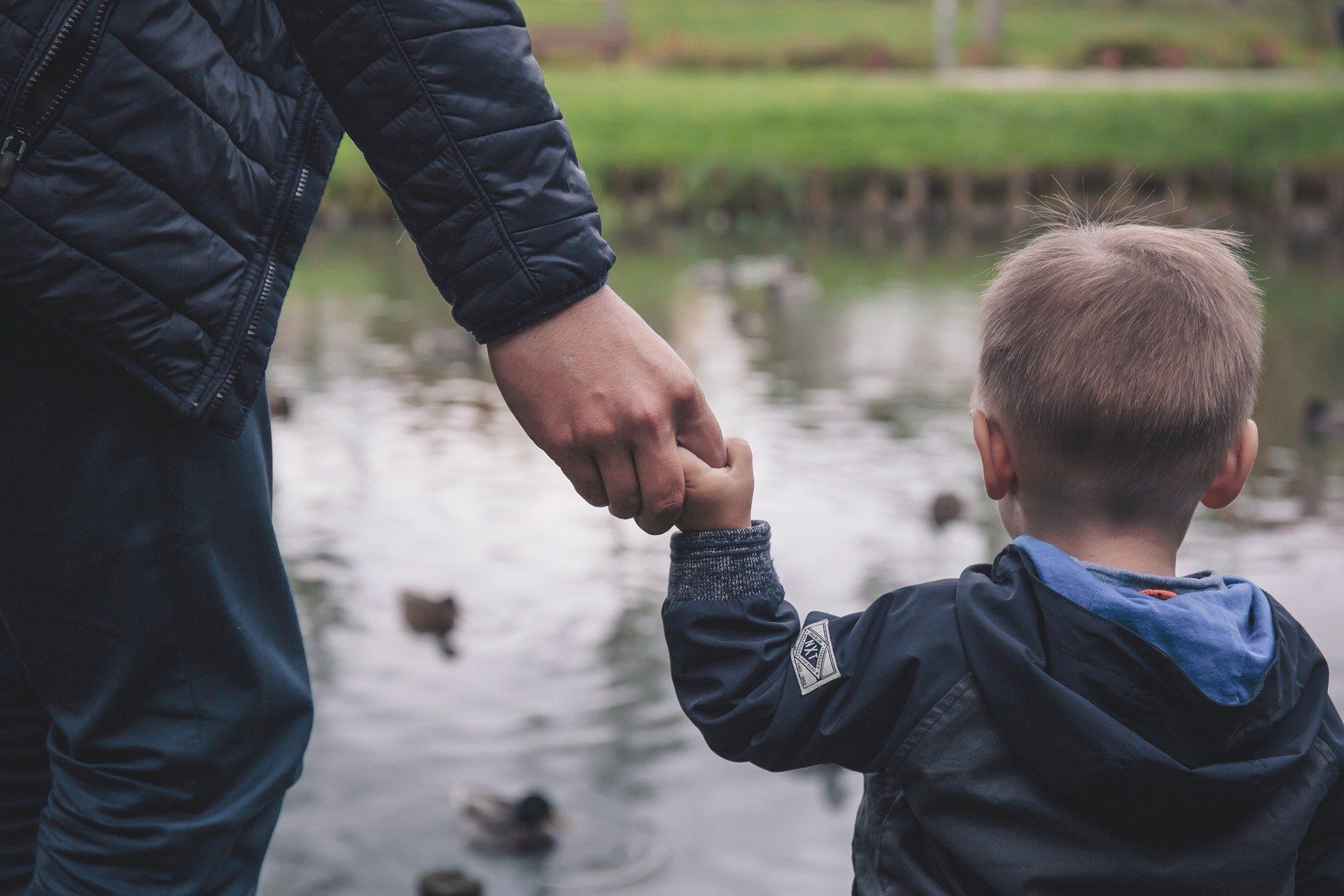a global study aims to determine how the ongoing pandemic and the stress associated with it has impacted our sleep. the international covid-19 sleep study (icoss) involves research institutes in austria, canada, china, finland, france, germany, hong kong, japan, norway, and the u.s.led by researchers from oxford university’s department of clinical neurosciences, the study will largely be conducted through a
survey of u.k. citizens 18 years of age and older.the survey will examine how one’s sleep quality has been affected by the pandemic itself, quarantines, self-isolation and the national lockdown. this also includes all of the associated psychological factors like anxiety, depression, fatigue, and ptsd.while sleep-affecting stress could be caused by something as simple as our ever-changing routines as we work from home, anxiety about the virus and economic woes can also be affecting our sleep.there are other factors that may be changing the quality of sleep we are getting. spending too much time insidecan mean missing out on the environmental cues that help us to reset our biological clock. often these cues are light-based, known as
zeitgebers, and the loss can be more pronounced if your place of quarantine doesn’t have a lot of access to natural light.“if you are woken during rem sleep, you are much more likely to remember your dream,” said dr. ari zaretsky, sunnybrook health centre’s chief of psychology in an
interview. “psychologically, it is believed that nightmares are dreams that pertain to stressful issues that we have not been able to resolve. during the covid-19 pandemic, many people are experiencing vivid dreams and nightmares as they face fear and uncertainty about the future. this is a normal human reaction.”one
study published last week in the journal current biology examined 435 people in austria, switzerland and germany through an online survey for six weeks between march and april. it found that they had been sleeping more regularly and for about 15 minutes longer on average, but that the quality of the sleep may not have been up to pre-pandemic standards.the participants also reported a loss in their mental and physical health, which in turn, affects the quality of their sleep. one’s diet and physical activity all play a role in the quality of their sleep.“usually, we would expect a decrease in social jetlag to be associated with reports of improved sleep quality,” says sleep researcher and cognitive neuroscientist christine blume from the university of basel’s centre for chronobiology in a press release. “however, in our sample, overall sleep quality decreased. we think that the self-perceived burden, which substantially increased during this unprecedented covid-19 lockdown, may have outweighed the otherwise beneficial effects of a reduced social jetlag.”by contrast, another
study published the same day in the same journal looked at 139 students at university of colorado boulder before and after the start of online classes. for most, their sleep after was better. they slept longer at an average of 30 minutes during the week and 25 minutes on weekends. they also reported a more regular sleep cycle. the effect was greatest in those who slept less prior to stay at home orders, with an increase to 92 per cent from 84 per cent of students getting the recommended seven or more hours of sleep.
nsokic@postmedia.com |
@sokic_don’t miss the latest on covid-19, reopening and life. subscribe to healthing’s daily newsletter coming out of covid.
 2 minute read
2 minute read









